Welcome to the latest edition of Workout Wednesday when each week I share a new strength training or running workout. These dumbbell compound exercises are great for those busy days when you don't have time to work out.
I've been writing this blog for over two years now (time flies when you're having fun) and I realized that I have not yet shared a workout using dumbbells. Since I use dumbells in my own workouts, I thought it was about time I put together a quick and effective dumbbell workout you can do at home or in the gym.
This is the perfect workout for when you don't have time to workout because it incorporates compound exercises, working multiple muscles in each move. It is faster, more efficient and burns more energy (calories) than isolation movements. When you combine movements you can quickly move through your workout and get on with your day.
Working out with weights helps us build and maintain lean muscle. This is a good thing, especially if you are trying to lose weight. You want to make sure you are losing fat and preserving your muscle mass so that when you lose weight, you don't also lose muscle.
You don't have to spend all day at the gym. Incorporate strength training workouts two to three times a week to maintain and build muscle. Runners who strength train are stronger, faster and less prone to injury. Strength training is time well-invested for runners.
DUMBBELL COMPOUND EXERCISES FOR WHEN YOU DON'T HAVE TIME TO WORKOUT
I recommend moving through each exercise for the number of reps assigned, then moving to the next exercise without rest in a circuit fashion. One you complete all four moves, rest for about a minute and repeat the whole circuit one or two more times.
dumbbell compound exercises for when you don't have time to work out.
TRAINER TIPS
Perform each move slowly while paying attention to proper form. This is not a race against the clock. Choose a dumbbell weight that challenges you to complete the assigned number of reps. If it is very easy to complete the reps trying going up in weight. However, the weights should not be so heavy that you can't complete the assigned number of reps. It may take some experimenting to find the right weight for you.
As you get stronger your body will adapt to the exercises which will make them feel easier (YAY) but that also means they won't be as effective (BOO!). You have to constantly challenge your body as you get stronger. After several weeks you can do this by adding additional reps; instead of 8 reps, perform 12. You can also increase the number of sets by running through the circuit four times instead of three. You can increase weights as you get stronger and/or decrease rest times. All of these things will challenge your body in a new ways so it can grow even stronger.
Give it a try and let me know how it goes. Have any questions? I'd love to help!
Like this post? It helps me when you share with your friends and followers

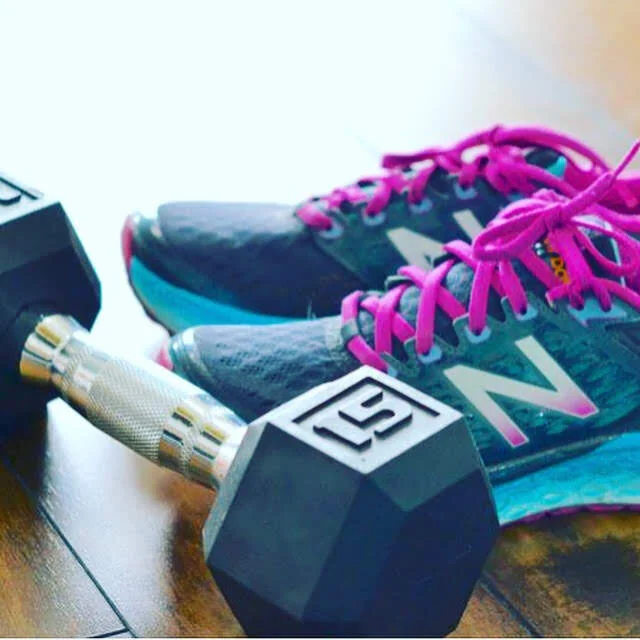



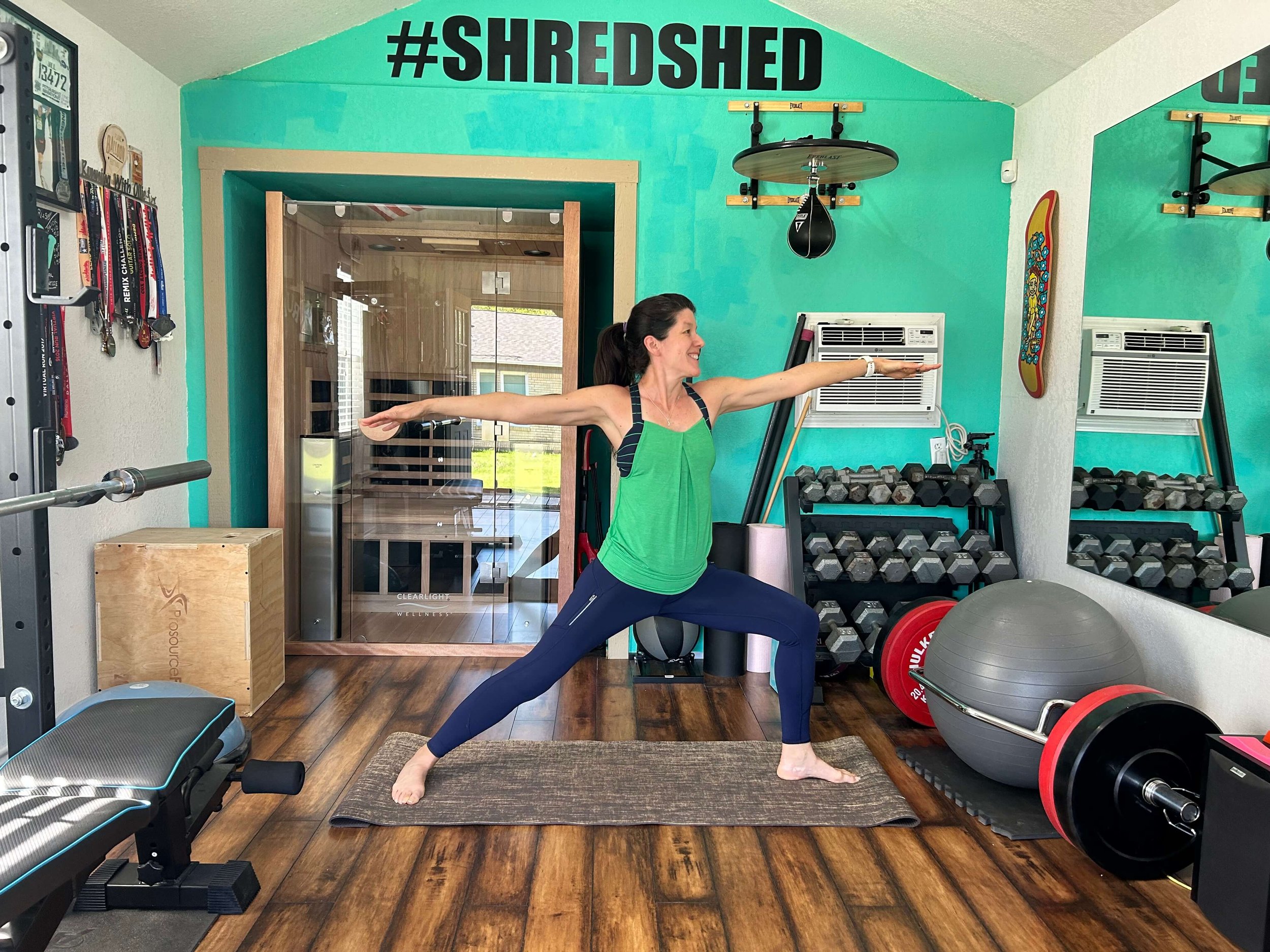

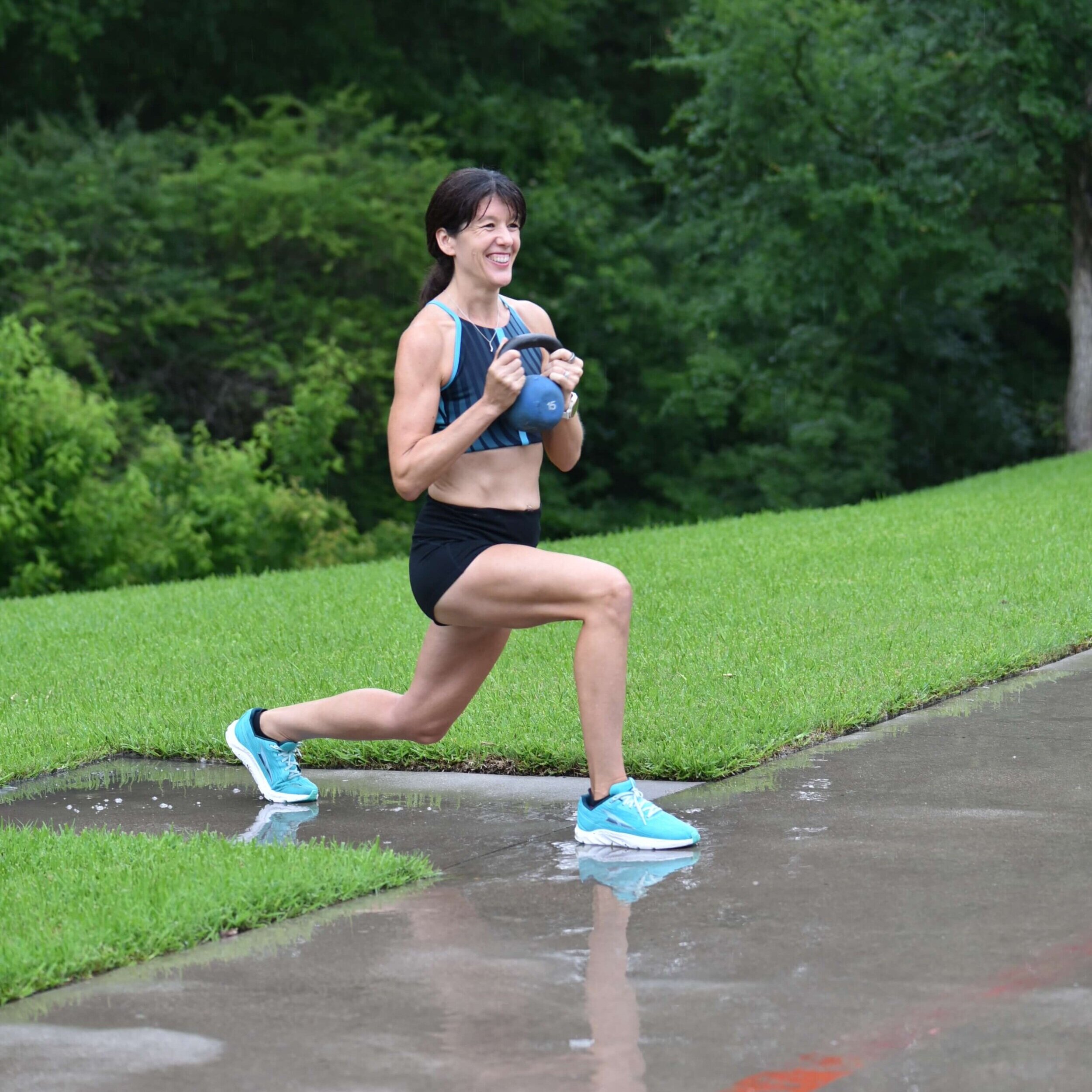

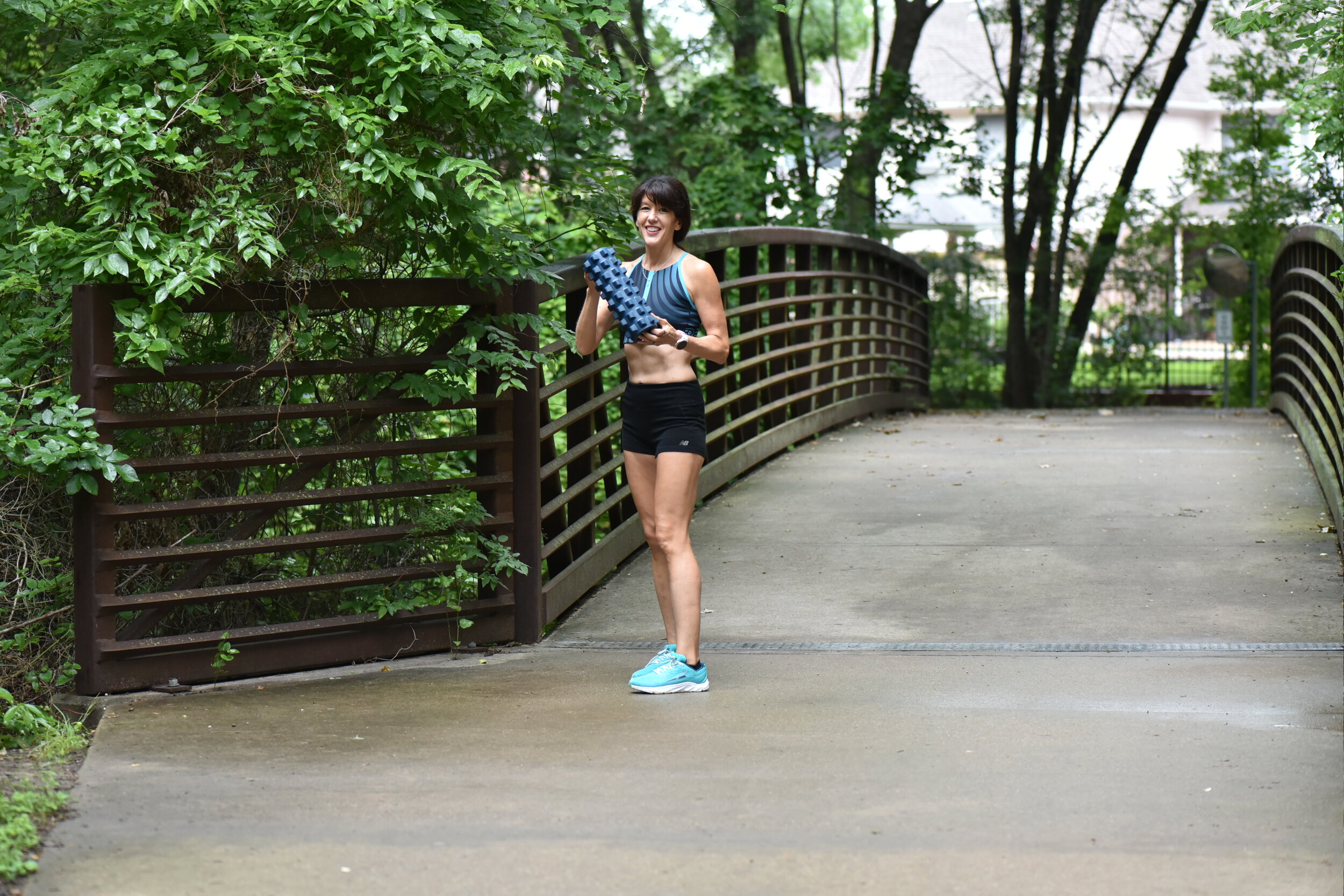
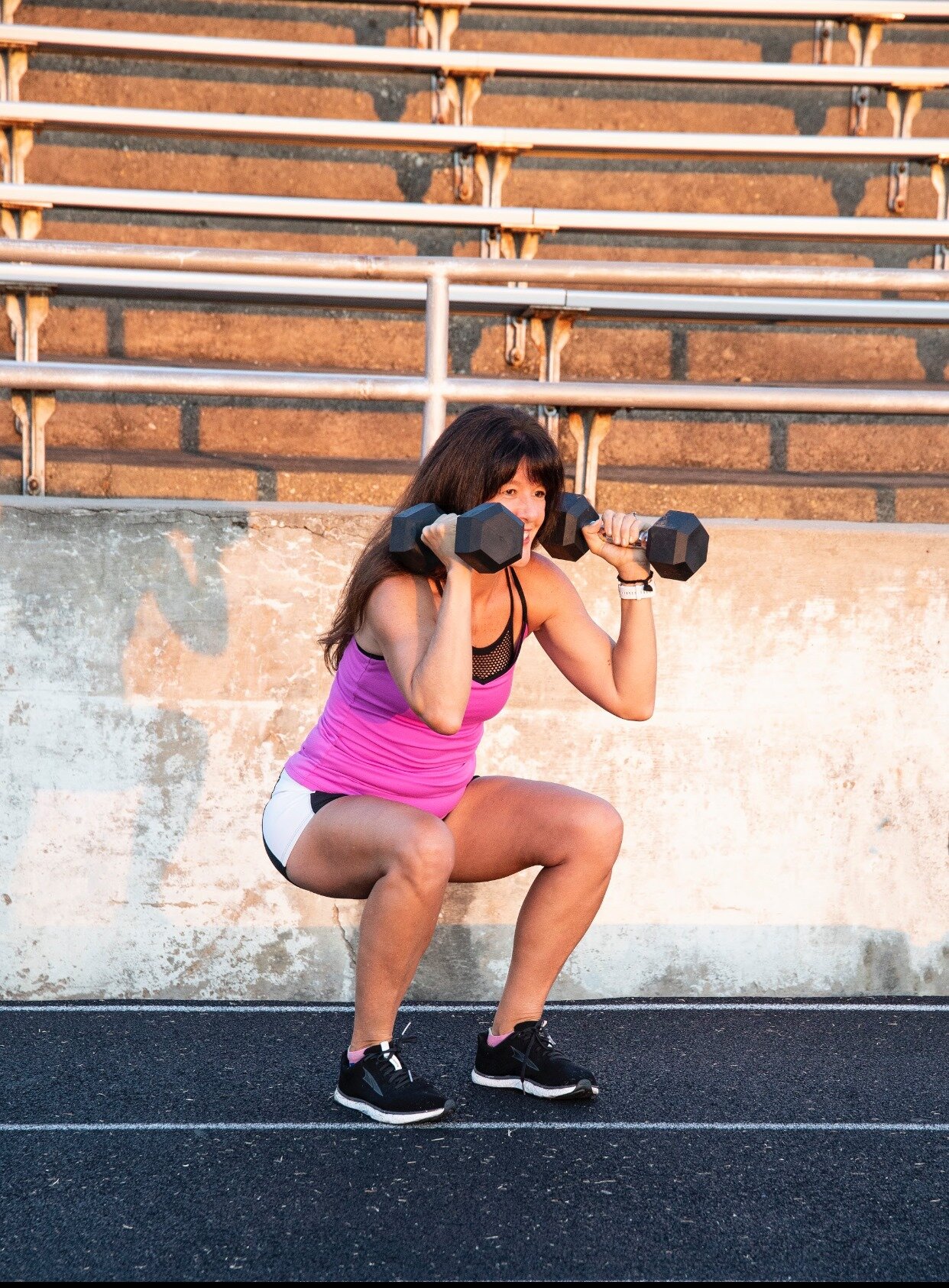




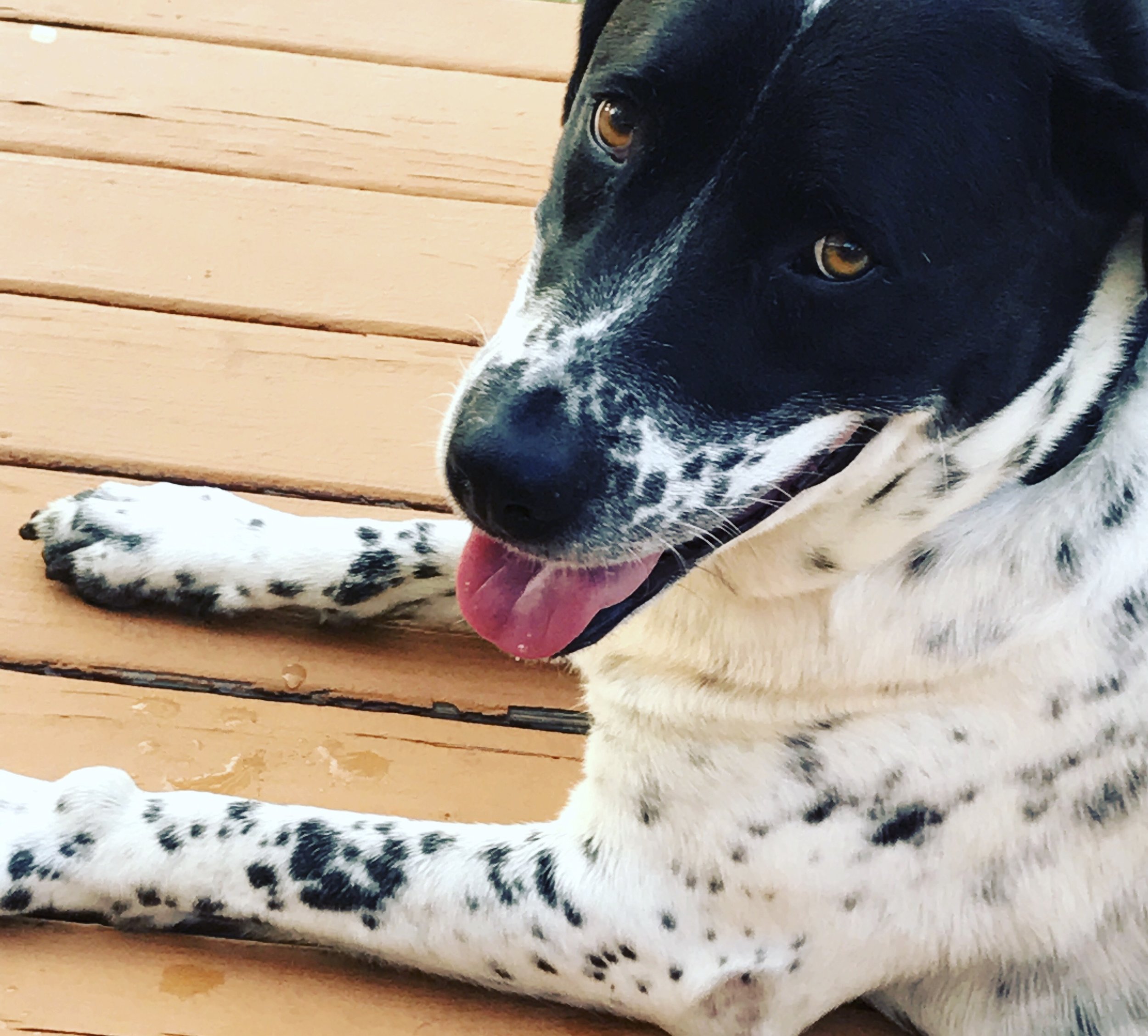


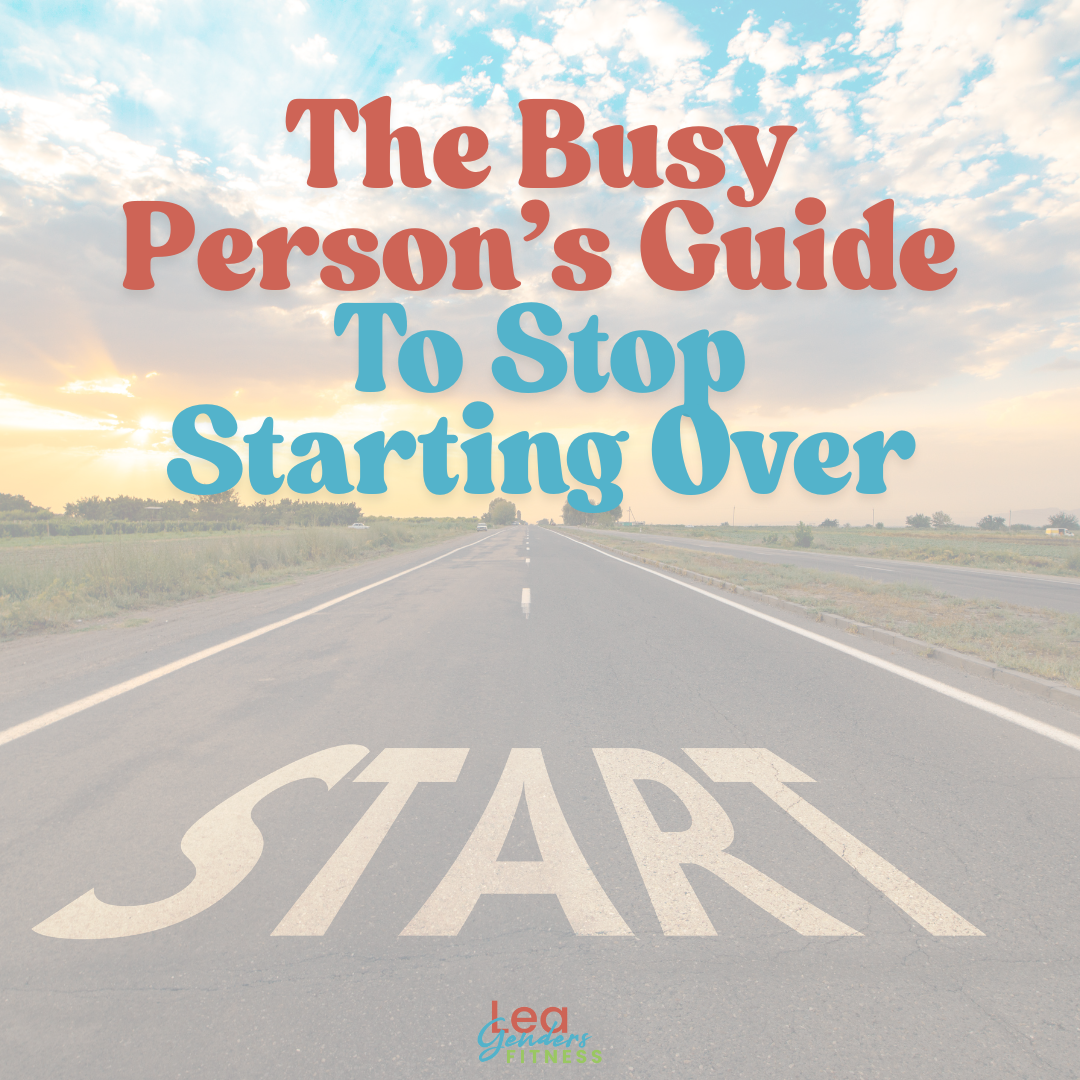










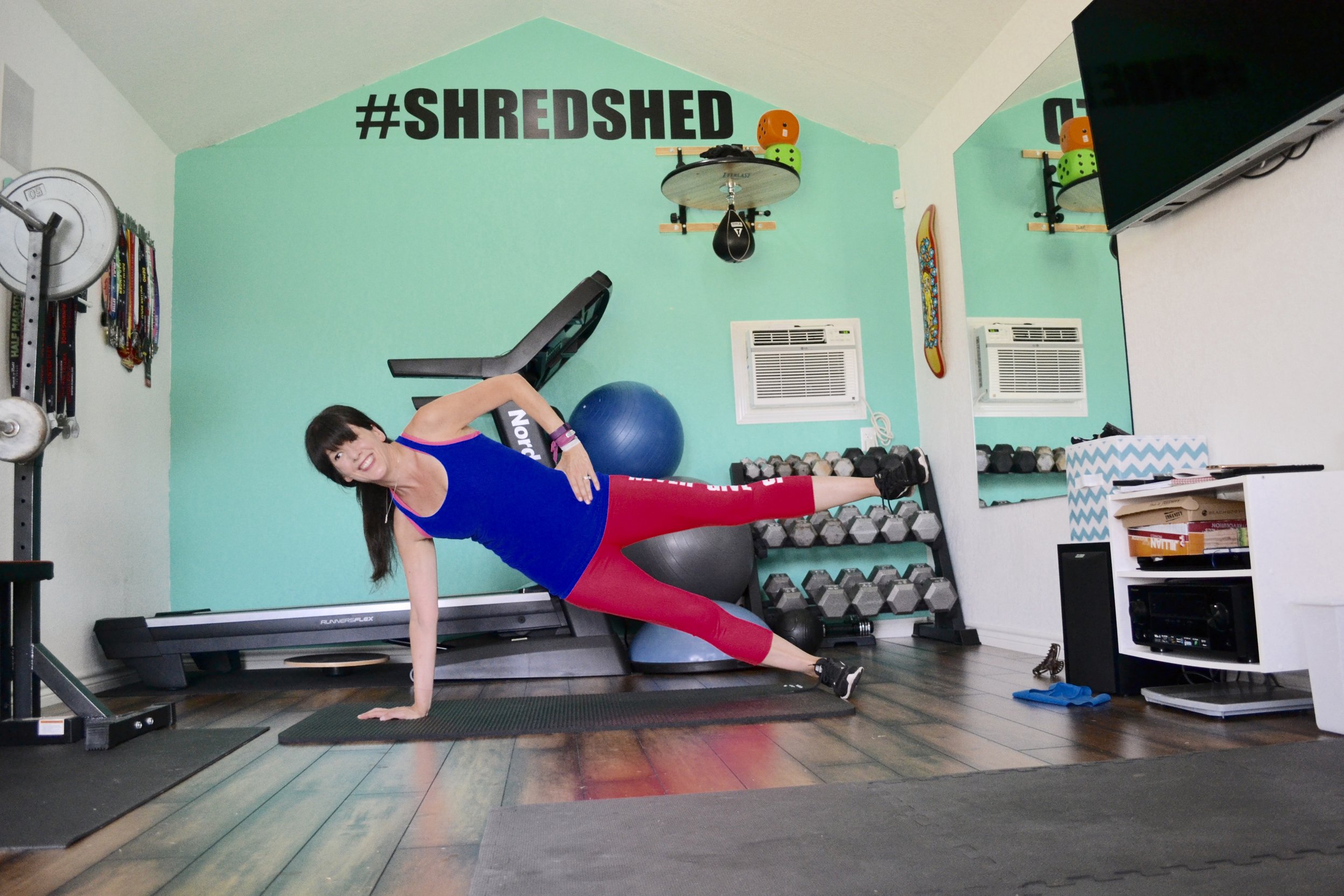



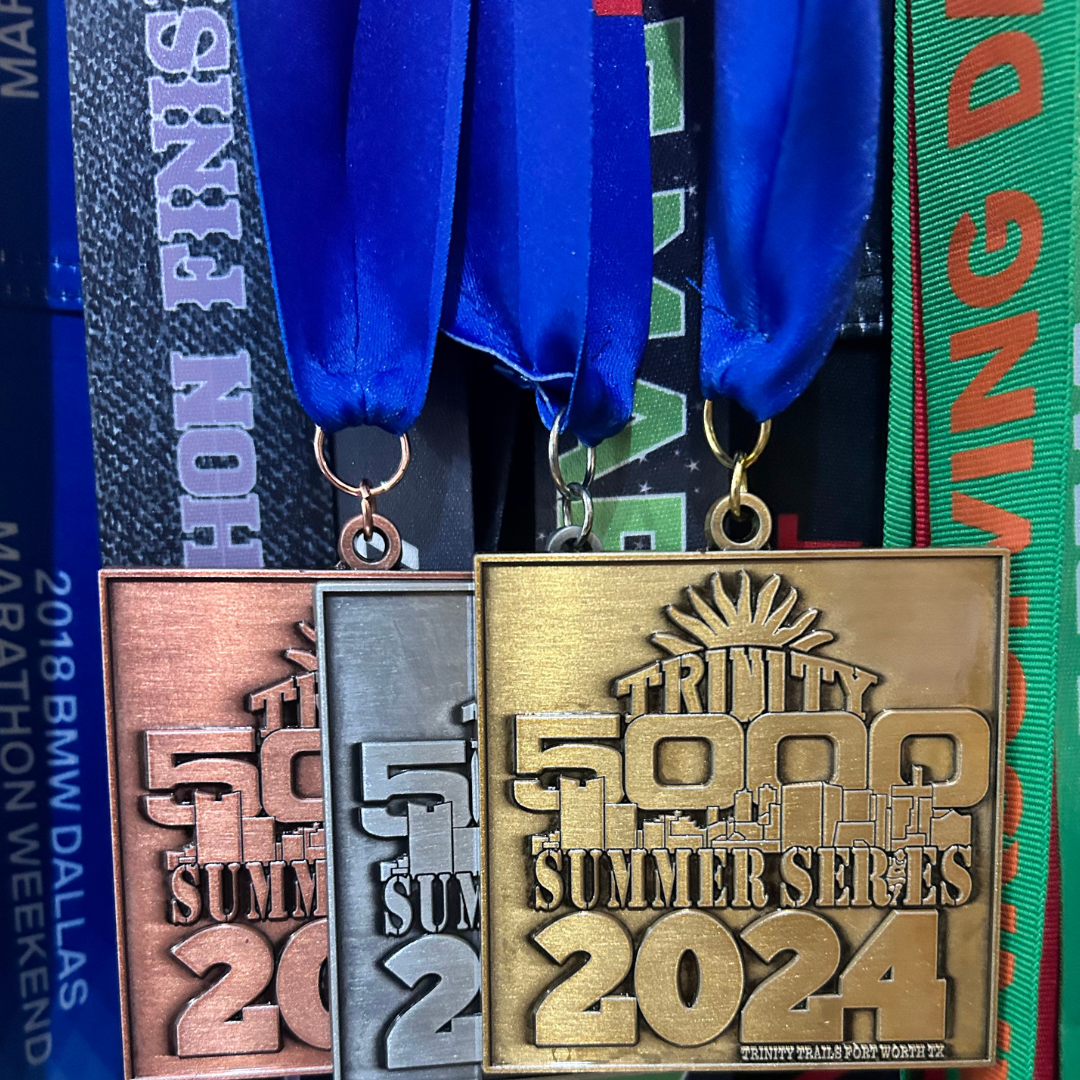






When we “fall back” at the end of Daylight Saving Time, most people think about gaining an extra hour of sleep. Years ago, I wrote about using that hour to restart morning workouts. Now, I see this moment even more clearly. The time change is more than a bonus hour. It creates a natural opening to reset habits, experiment with morning movement, and rethink the stories we tell ourselves like “I’m not a morning person.” Whether you use the extra hour to move your body or catch up on sleep, this season is a chance to rebuild your morning routine in a way that fits your life.